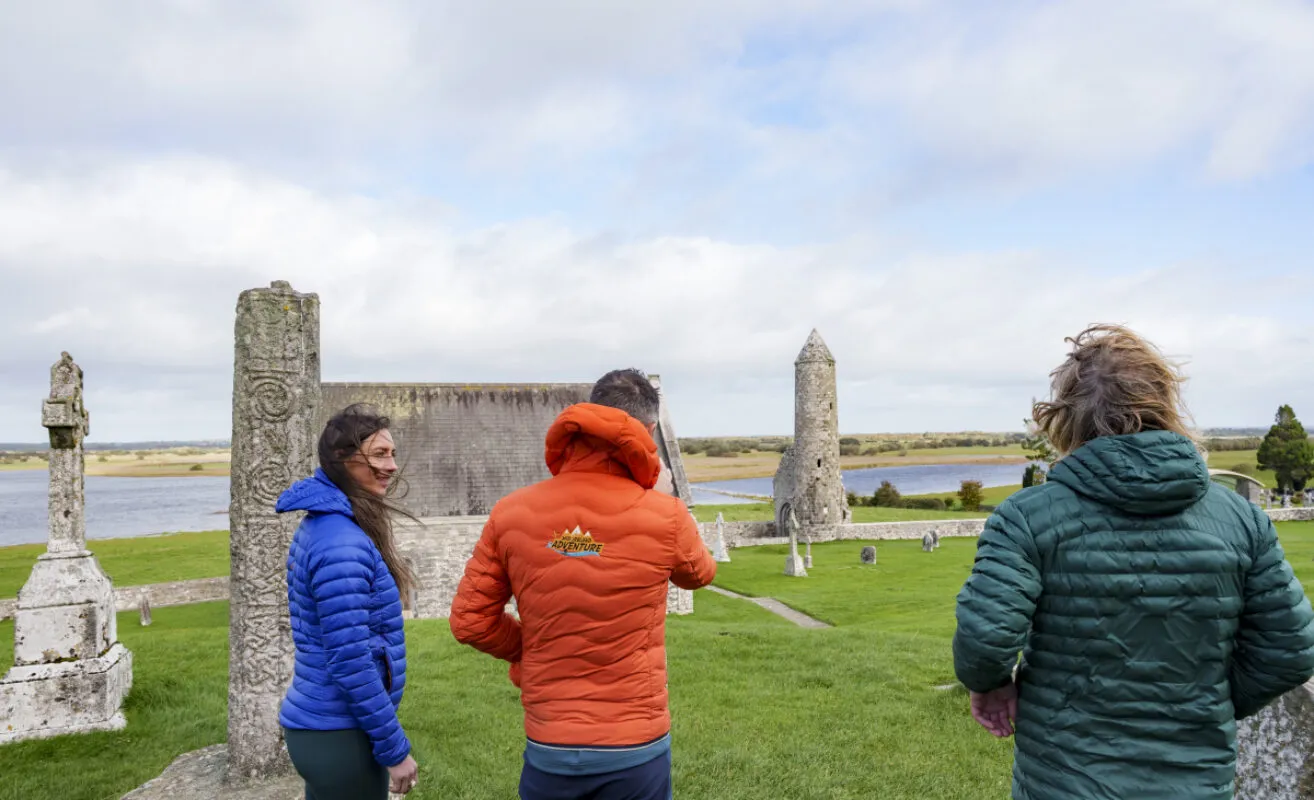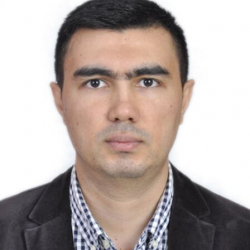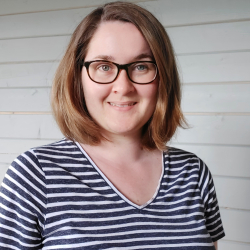Persons whose prior experiential learning equips them adequately for entry to a master’s programme by research, including persons who have made a significant contribution in a field of study that falls within the ambit of disciplines catered for by TUS and whose contribution in their chosen field is evidenced by patents, publications, books, compositions, works of art, inventions or any other scholarly endeavours that may be deemed by TUS to be appropriate contributions to the particular field of study. Persons who have a qualification other than a degree and who possess a substantial portfolio of industrial, artistic, commercial, laboratory, professional, teaching or research experience, usually developed over a period of not less than eight years, by virtue of which they could be deemed to be suitable entrants to a master’s research programme. Applicants who fall into any one of the categories listed shall be considered in the first instance at the Faculty Research Committee followed by a recommendation to the Graduate School Research Committee, and will be reviewed under the university’s accreditation of prior learning policy. Candidates approved under the process described in regulations will be required to register for, and complete successfully, a master’s qualifying programme prior to formal progression to research master’s studies. The format and requirement of the programme will be agreed by the Graduate School Research Committee on the advice of the Faculty Research Committee.




